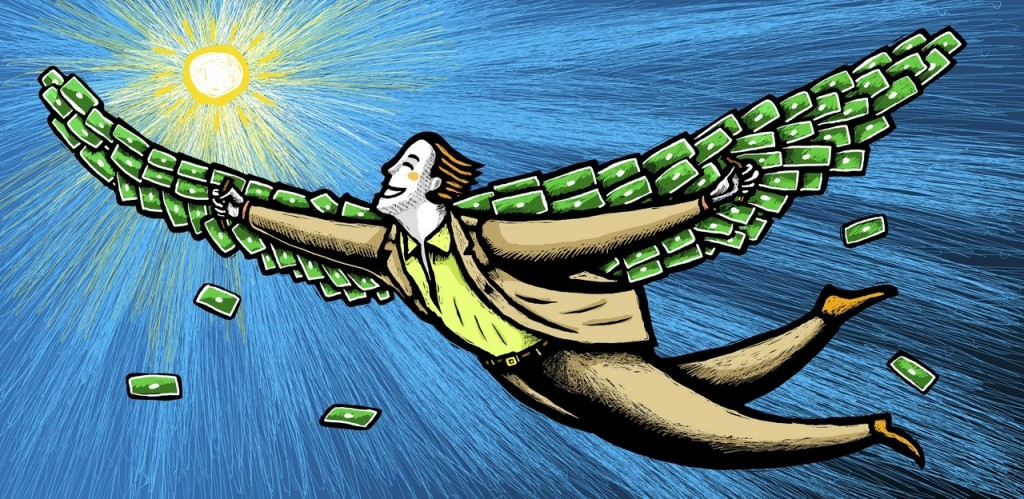Sir Nicholas Winton who organised the rescue and passage to Britain of about 669 mostly Jewish Czechoslovakian children destined for the Nazi death camps before World War II in an operation known as the Czech Kindertransport. This video is the BBC Programme "That's Life" aired in 1988. The most touching video ever.
http://en.wikipedia.org/wiki/Nicholas...




 RSS Feed
RSS Feed